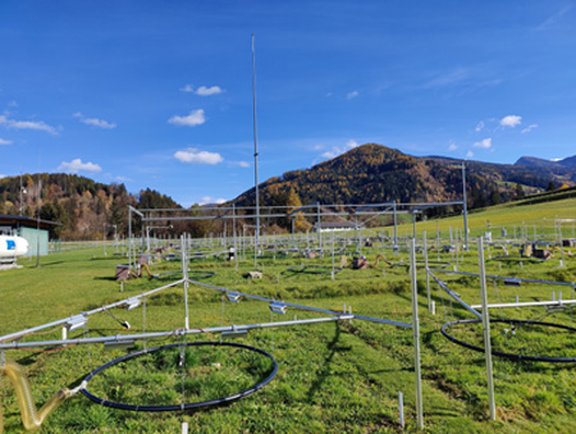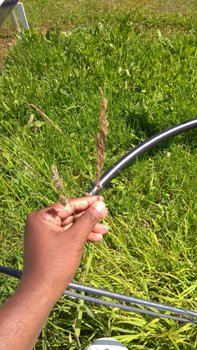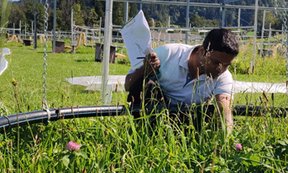As a youngster, I struggled to comprehend the rising rates of farmer suicides in India. Sadly, this problem persists today. Extreme weather events, such as droughts and floods, force farmers into debt and prompt them to search for new sources of income elsewhere. Farmers are unable to predict weather changes, leading to significant crop loss (for example, the inconsistency of mango flowering times). India is among the countries most affected by climate change.
During my training to become a Catholic Jesuit priest, I lived in villages that were devastated by such extreme weather events. The daily struggles of impoverished farmers sparked not only to sociological and spiritual questions within me, but also scientific ones. My experiences taught me that ecological problems are complex and interconnected. This motivated me to pursue a master's degree in environmental sciences in India. In course of time, I aspired to gain a biological perspective on the impact of climate change on vegetation including crops.

An opportunity to delve deeper into this subject arose during my PhD studies through an intriguing project – ‘ClimGrass’. As part of this project, I study the effects of climate change drivers including CO2, warming and drought under future climate scenarios on the phenology of mountain grasslands. Grassland ecosystems, which cover a significant portion of the world's land area, play a vital role in providing ecosystem services such as animal feed and income for farmers. Phenology, the study of periodic patterns of plant growth and development throughout the year, is an essential indicator of climate change. More importantly, to date, there exists large uncertainties in understanding the combined effects of global change drivers, consequently in the projection of phenology in a future world.
At ClimGrass, in a multifactorial experimental set-up to test the
individual and combined effects of climate change drivers, I study six treatment conditions: (i) ambient, (ii) elevated temperature (+3° C), (iii) elevated CO2 (+300 p.p.m), (iv) severe summer drought to test the individual effects; (v) combination of elevated temperature and elevated CO2 and (vi) combination of elevated temperature, elevated CO2 and severe summer drought to test the interactive effects.

To study phenology, I employ phenocameras. These instruments capture continuous digital photographs and derive time series of vegetation indices that enable me to identify phenological transition dates and detect any advancement or delay due to various treatment effects. Additionally, I conduct weekly field observations of phenological developments in different mountain grass species within the same treatment conditions and record their progress using the BBCH (Biologische Bundesanstalt für Land- und Forstwirtschaft, Bundessortenamt and CHemische Industrie) scale, a standard measure for phenological observations.
My PhD program provides an outstanding scientific atmosphere and exceptional guidance from renowned scientists in the field. Working with brilliant international colleagues has made my program both interesting and stimulating at the University of Innsbruck. It has also enabled me to learn sophisticated scientific methods used in ecology and acquire valuable skills in scientific questioning, reflection, and investigation that I can use to understand the ecological issues in my country. Furthermore, I have discovered ample opportunities for networking and collaboration that will benefit my future academic pursuits in the scientific arena.
Lumnesh Swaroop Kumar JOSEPH
Research Group: Functional Ecology
Lumnesh.Joseph@student.uibk.ac.at

